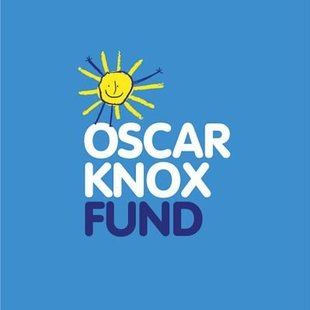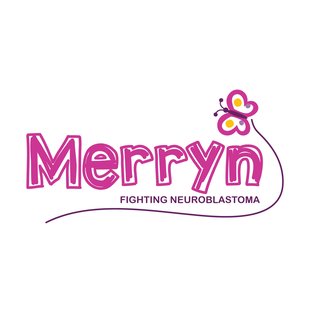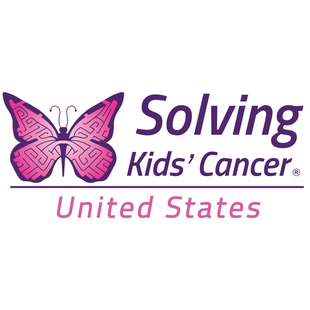Identifying markers of poor survival in high-risk neuroblastoma
| Study name | International integrated analysis to identify markers of poor survival in high-risk neuroblastoma |
| Study type | Preclinical |
| Principal investigator(s) | Dr Lucas Moreno, Dr Daniel Morgenstern, Dr Gudrun Schleiermacher, Dr Wendy London |
| Institutions | Hospital Vall d’Hebron, Barcelona, Hospital Nino Jesus, Madrid |
| Partners | Oscar Knox Fund, Merryn Lacy Trust, Solving Kids’ Cancer US, Smiles for Stanley |
| Total awarded | Project wrap-up grant allocation: £50,000 |
| Solving Kids’ Cancer UK contribution | £12,500 |
This study was terminated in June 2024
Project Overview
Children with high-risk neuroblastoma are broadly treated with the same approach, but we know that even within risk categories there can be significant variation in disease from case to case. For a number of years, studies have been conducted to look at biomarkers which might identify patients with the poorest outcomes right from diagnosis so that they can be offered novel therapies early on, where standard approaches are unlikely to be successful. Despite this work, as well as various factors being used to predict outcomes in the clinic, no biomarkers have been validated or made available for clinical decision-making.
This ambitious international study set out to better understand these differences by identifying biological markers linked to poor survival. By pooling data from existing studies worldwide, the goal was to help shape more personalised and effective treatment approaches in the future.
Project Outcomes
Solving Kids’ Cancer UK is deeply disappointed that this project had to be brought to an early close in June 2024 due to barriers in accessing vital European data, largely as a result of GDPR restrictions. This challenge reflects a broader issue in health research and has brought to light a critical systemic obstacle, which is now being addressed.
Despite the project’s early termination, it has already led to valuable progress. A comprehensive review of existing evidence has been completed and presented internationally. Researchers will also use the BORNEO wrap-up funding allocation to continue analysis of publicly available data to generate insights for children affected by high-risk neuroblastoma.
We are incredibly grateful to our co-funding partners, the Oscar Knox Fund, Merryn Lacy Trust, Solving Kids’ Cancer US and the Smiles for Stanley Fund, for standing with us in support of this important work.




